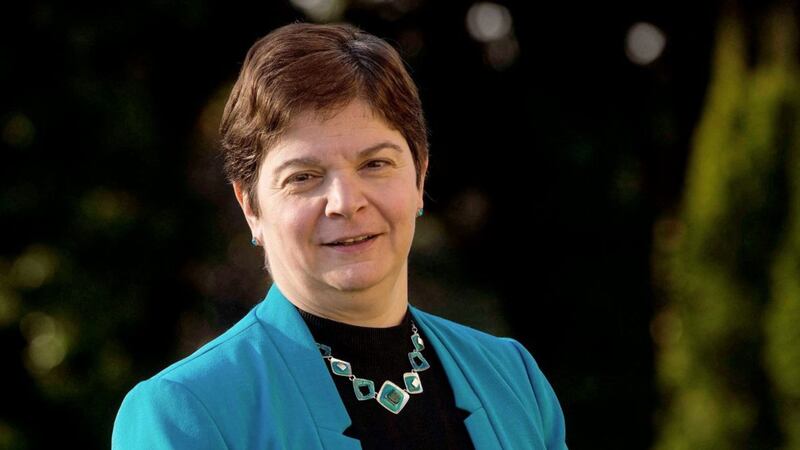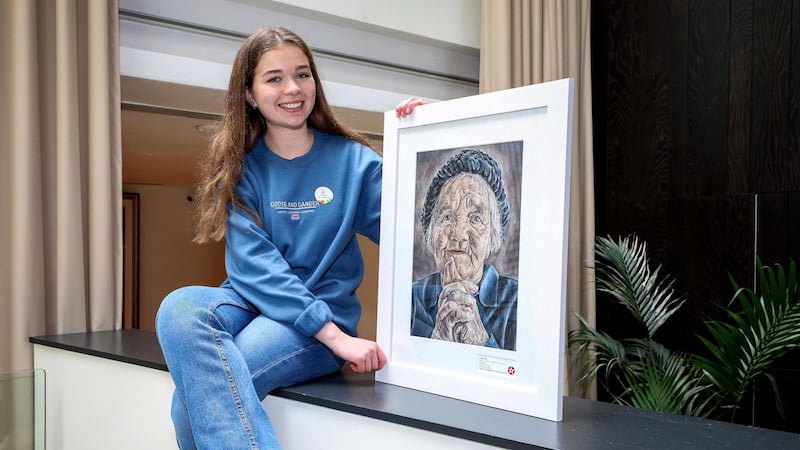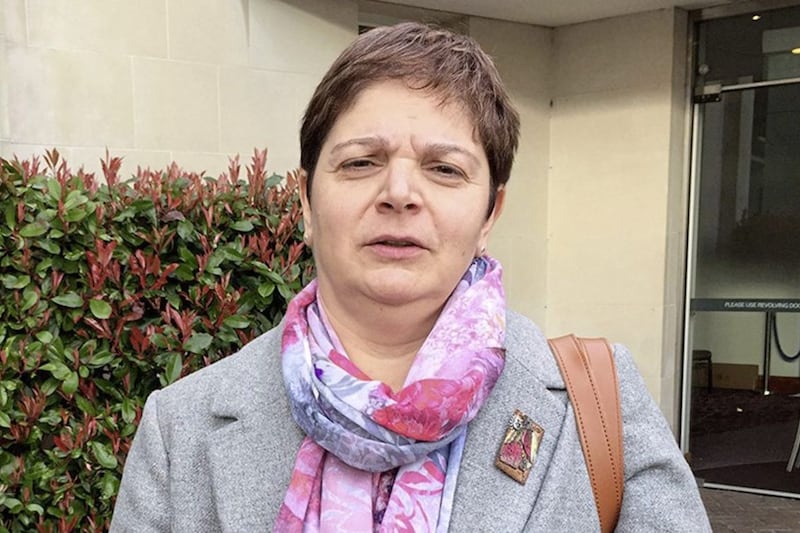CHILDREN should not continue in an education system where how well they do relies on gender, religion, race or sexuality, a report has said.
Northern Ireland Commissioner for Children and Young People Koulla Yiasouma said government was failing to address educational underachievement.
There were groups of young people, she said, who were are much more likely to do worse at school depending on their circumstances.
In her inaugural Statement on Children's Rights in Northern Ireland report she said groups at particular risk included Travellers, ethnic minorities and those from disadvantaged backgrounds.
Last year, 70.3 per cent of pupils achieved at least five GCSEs at A*-C including English and maths. This dropped to just 50 per cent among those in receipt of free school meals.
Girls outperformed boys (74 and 67 per cent) while Catholic pupils did better than Protestants (69 and 66 per cent).
The biggest discrepancy, Ms Yiasouma found, was between children who attended grammar schools and those who did not - 94 per cent compared to 50 per cent in non-grammar schools.
One of the most common arguments given for the retention of academic selection at 11 was social mobility, she reported.
However, only 14 per cent of children in grammar schools were eligible for free school meals as opposed to 40 per cent in secondary schools.
On the issue of special educational needs, the report found 79 per cent of statements were completed outside the statutory time limit of 26 weeks.
"The imposition of set allocations of educational psychology time to schools, mean that only those children viewed by schools as ‘most in need’ are referred for educational psychology assessments. As a result, many children are waiting unacceptably long periods of time for referrals which adversely impacts on their education," she reported.
She recommended an urgent debate and consultation on how education was funded, which would include streamlining the system and reducing duplication, to ensure all children have access to an effective education regardless of circumstances.
"While it is clear the lack of a government is preventing improvements being made to the lives of our children and young people, there is also a history of slow progress on children’s issues which pre-date the collapse and add to systemic failures in their lives," Ms Yiasouma said.
"If the education system in Northern Ireland were a business it would have folded years ago, there is insufficient evidence that resources are spent as well as they could be and whether the various education sectors in NI represent value for money.
"We are failing to have the honest and open conversations that set aside vested interests and put all our children at the centre of decision making. Our children cannot continue in a system where, how well you do in education, relies on your gender, religion, race, sexuality or whether you are `rich' or `poor'. Statistics are telling us that all of these things impact children's ability to achieve academically."







